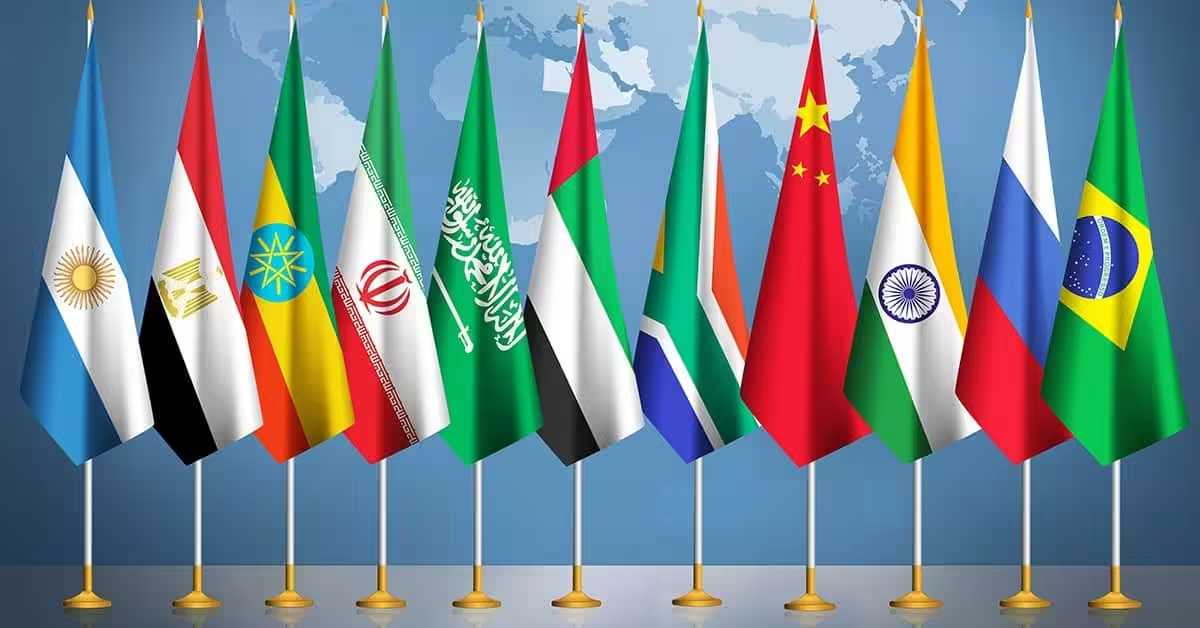|
Getting your Trinity Audio player ready...
|
Russia’s Foreign Minister Sergey Lavrov has confirmed that the BRICS group is working on a new payment system that will operate independently of the US dollar. This ambitious project could mark a significant shift in the global financial landscape, potentially attracting emerging economies away from the greenback.
The new payment system is designed to facilitate cross-border transactions, trading, investing, and settlements. By eliminating the need for US dollar-based transactions, BRICS countries aim to reduce their dependence on the American currency. This move is seen as a direct response to Western sanctions imposed on several nations.
The development of a BRICS-led payment system could have far-reaching implications for the global financial system. It could challenge the US dollar’s dominance as the world’s reserve currency, potentially leading to a more multipolar financial order.
Lavrov emphasized that the sanctions imposed by the US and Europe have been a key driver behind the BRICS decision to create a new payment system. Even US Treasury Secretary Janet Yellen has acknowledged that these sanctions have contributed to de-dollarization trends.
The potential benefits of the new BRICS payment system extend beyond economic considerations. It could offer developing nations a more stable and equitable platform for conducting international trade and financial transactions. By reducing their reliance on the US dollar, these countries may be able to mitigate the risks associated with geopolitical tensions and economic fluctuations.
Also Read: Trump Warns – 100% Tariffs On BRICS Goods If Dollar Is Ditched—$500B Yuan Stockpile At Risk
As the BRICS group continues to develop its new payment system, it remains to be seen how other countries will respond. If the system proves successful, it could attract a significant number of emerging economies, potentially reshaping the global financial landscape in the years to come.
Disclaimer: The information in this article is for general purposes only and does not constitute financial advice. The author’s views are personal and may not reflect the views of Chain Affairs. Before making any investment decisions, you should always conduct your own research. Chain Affairs is not responsible for any financial losses.
I’m a crypto enthusiast with a background in finance. I’m fascinated by the potential of crypto to disrupt traditional financial systems. I’m always on the lookout for new and innovative projects in the space. I believe that crypto has the potential to create a more equitable and inclusive financial system.




